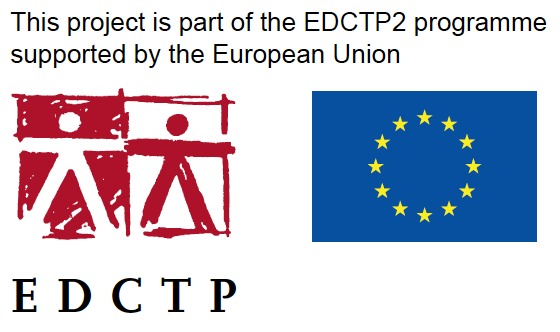PROJECT SUMMARY
Background: Cancer in Africa has been described as being more aggressive and typically affecting younger individuals. Endemic Burkitt Lymphoma (eBL) is one of the most important cancers disproportionately affecting children. It is a B-cell tumor and the most common childhood cancer in many countries in equatorial Africa, including Uganda. Risk for eBL is related to polymicrobial infection with Plasmodium falciparum (Pf) malaria and Epstein-Barr virus (EBV) and chromosomal translocations that cause the over-expression of oncogene C-MYC. There is a paucity of literature on survival rates and it’s determinants among eBL patients from Sub-Saharan Africa primarily due to poor quality of information on local cancer epidemiology.
To fill this gap, a team led by Dr. Kirimunda Samuel proposed to study whether the extent of tumor involvement at diagnosis, type of treatment administered and a patient’s immune response regulating genes called Human Leucocyte Antigen are associated with five-year survival rates among a group/cohort of Burkitt Lymphoma children who were treated in Uganda. This study proposed three specific objectives:
- To determine whether Tumor staging at diagnosis is associated with survival among a retrospective cohort of eBL cases in northern Uganda.
- To determine whether treatment protocols are associated with survival among a retrospective cohort of eBL cases in northern Uganda.
- To determine whether HLA class I & II allele types are associated with survival among a retrospective cohort of eBL cases in northern Uganda.
Potential Impact: This project will highlight the factors affecting the survival of eBL children in Uganda which is important information for developing meaningful follow-up strategies with an increased focus on survivorship beyond routine disease surveillance. The cohort members assembled in this study will provide a platform to explore long-term eBL survival determinants as well as provide a platform for future research such as vaccine studies.
Funders: This work is supported by the EDCTP2 programme supported by the European Union under Career Development Fellowships 6TMA2020CDF-3179


